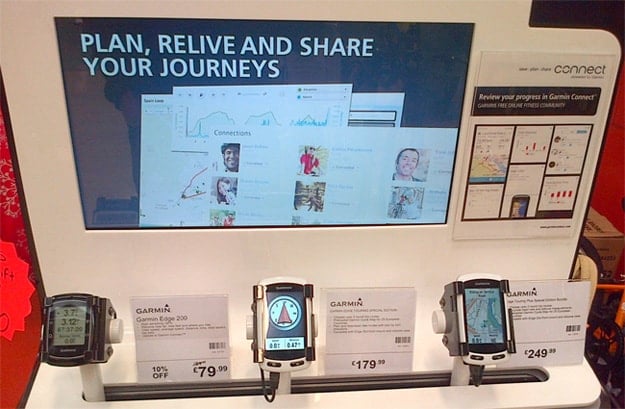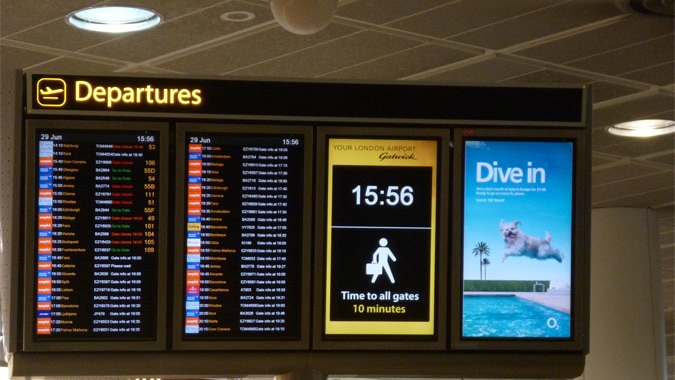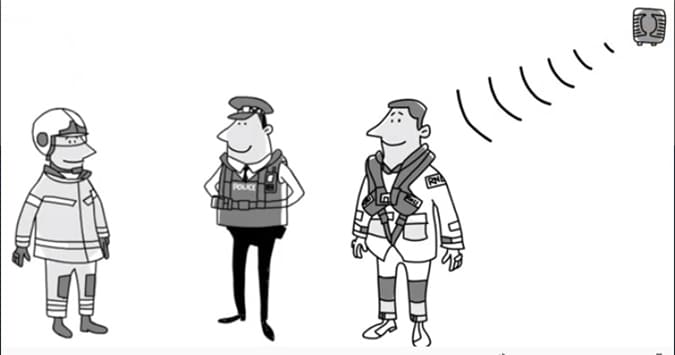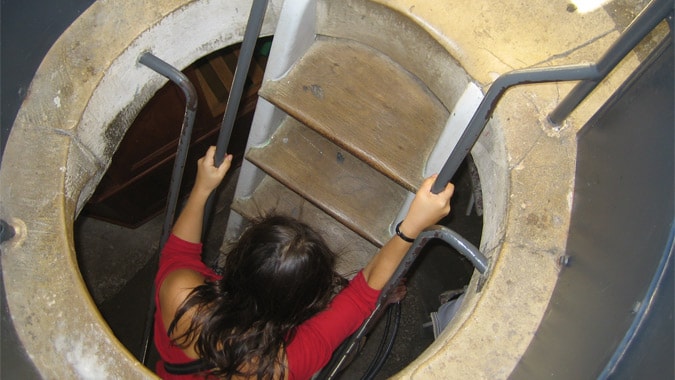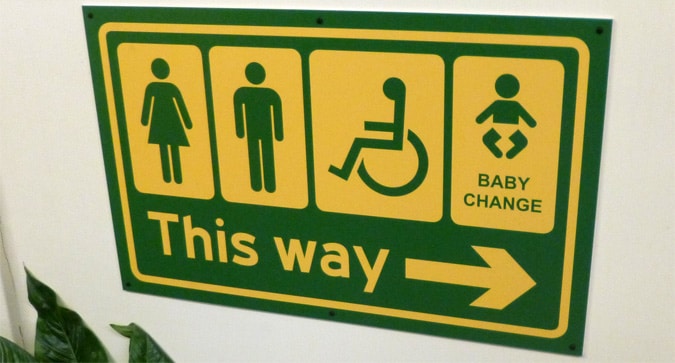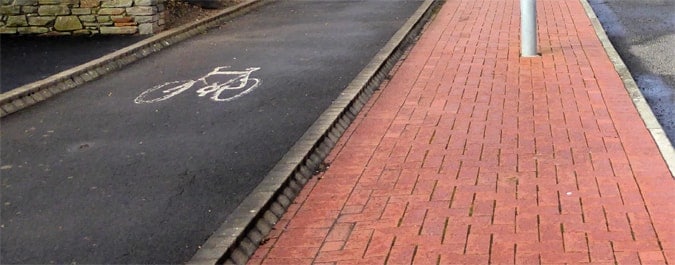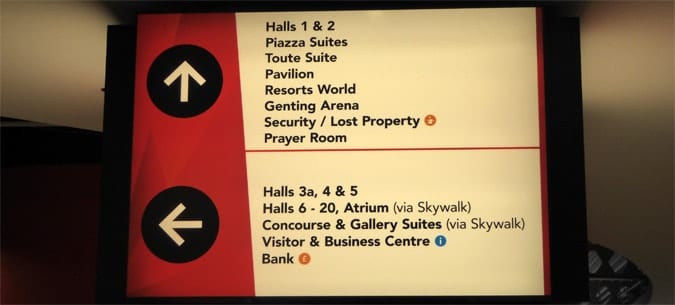Last Updated on June 11, 2023
I just witnessed a lady walking across the road with her head down as she played with her mobile phone, not noticing that she was on the verge of getting run over by a taxi. Luckily the taxi driver saw her first and gently stopped in time. Navigation with mobile devices is a risky business?!
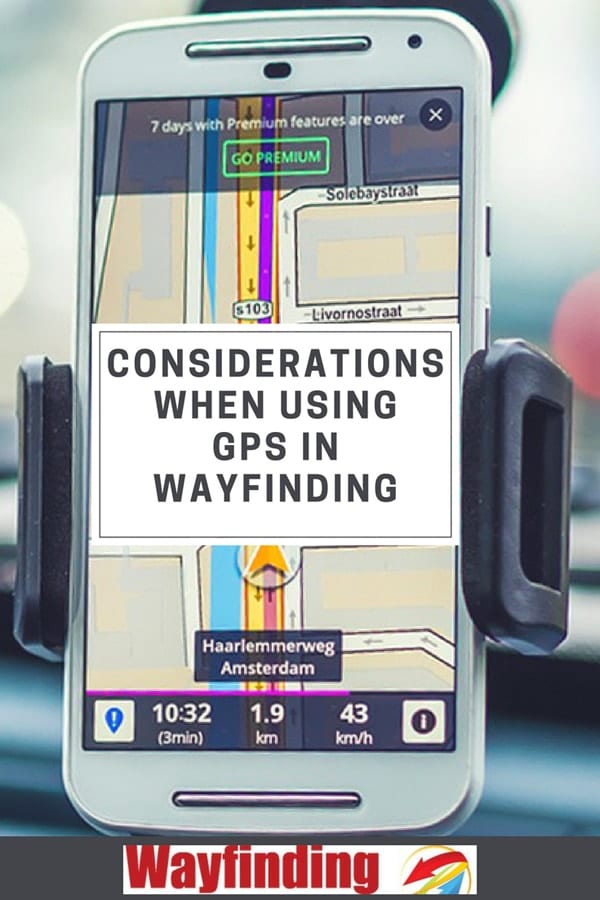
The strange thing was that this lady noticed the taxi, put her hand up to apologize (good) but then she continued walking with her head back down as she toyed with her phone.
On the weekend, another experience occurred whereby a guy was walking towards me on the pavement and he was so caught up in using his phone, with his head down as he walked, that he walked into me, unaware even of where he was waking.
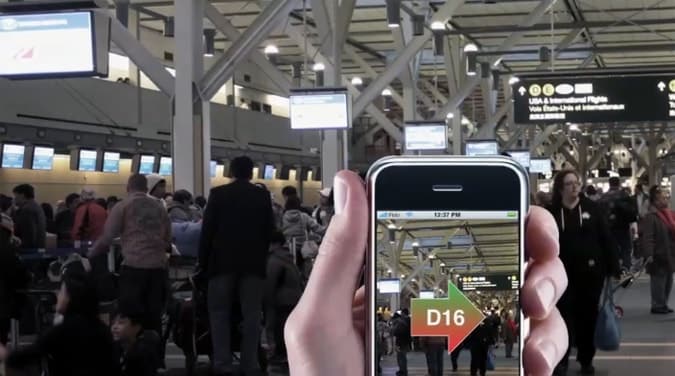
I have walked out of the way every other time but this time, for once, I wanted to see if the person involved would even notice.
Table of Contents
Introducing Mobile Wayfinding Apps as a Company
Given my own personal experiences with mobile technology and wayfinding above, combined with my interest in wayfinding as an auditor, analyst and expert, I see both pros and cons of a service such as the new Easyjet’s mobile service which helps users to navigate through the airport process.
The idea is of being able to navigate through an airport with help for:
- Terminal navigation
- Bag drop location directions
- Gate Locator and distance indicator
- Electronic Boarding pass on your mobile
- Baggage collection information and guidance
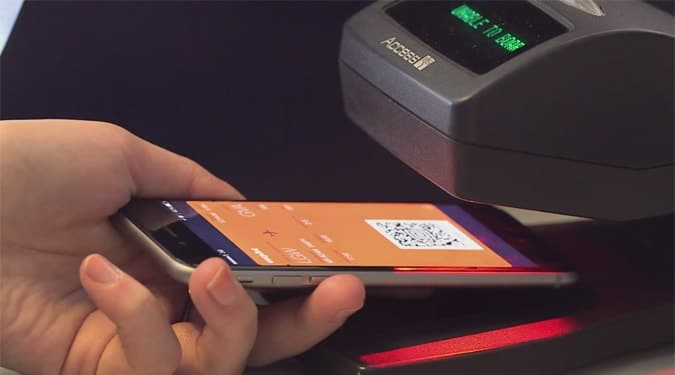
Benefits and Opportunities of Using GPS for Wayfinding
A service such as Easyjet’s mobile host service, BA’s mobile boarding pass, and American Airlines mobile check-in are all services that are a logical development in the move towards the future of airport and airline travel.
In a post-modern society, in which we lead increasingly individualistic and technological lives, the introduction of mobile apps and services in the travel industry is inevitable.
Certainly, also there are many interesting and great opportunities that these technologies offer us as travelers, and which can provide stakeholders such as airlines, airports, and other service providers with a more streamlined and information efficient service.
Better Communication
One potential benefit of these mobile services from airlines is the chance to provide more up-to-date and accurate information for fliers and to create a better rapport with their customers.
How many times have you been sat in an airport restaurant or bar and leave because it is your boarding time, only to get to the gate to realize that your flight is delayed by half an hour and that you could have stayed where you were.
Maybe it has not happened to you personally, but it has to me, and being able to see flight information on my mobile would have been very handy.
Many airports are getting wise and realizing the benefits of placing electronic departure boards in restaurants, coffee shops, and bars in airports because this benefits Steering Behaviour.
The more relaxed we are and the longer we have in the airport to spend money, such as on food, drinks, and shopping, the more airports and/or service providers stand to benefit.
Wayfinding is a system that not only is for the benefit of passengers but also important for stakeholders such as for the way in which it aids commercial opportunities for the location in question.
In this respect, airport authorities and airport owners stand to gain significantly if mobile technology can be used to make wayfinding through the airport to optimize commercial aspects of the travel process.
Dangers, Issues and Disadvantages of relying on GPS for Navigation
Dead Battery – I have learned the hard way! With the development of mobile technologies, it is amazing how much we become dependent on these things without realising it, until it is too late.
Do you memorize people’s telephone numbers and could you contact a friend if your phone battery was dead?
In a wayfinding context, what will happen when you go to the airport with your boarding pass on your phone, but your battery has died.
You might have charged the phone correctly the night before but your battery is simply near the end of its life as happened to me.
It happened to people already and it will happen many times in the future and perhaps the solution will have to be a manual one i.e. the check-in will have to return to checking someone’s name and information from a printed list.
Synchronisation problem
A problem I experienced first-hand last Christmas in Gatwick Airport was the terminal’s power being cut and with the departure screens freezing (the data freezing that is).
What ensued was a situation whereby the information the airline staff was giving out in the airport in person, was completely out of synchronization with information some of us were able to access via our phones and tablets.
This is not an issue per se with mobile wayfinding technologies, but this example perhaps highlights the type of issue that can occur with the introduction of such technology for wayfinding.
Devolving Humans
The idea that hundreds if not thousands of people may join in the move towards staring down at their mobile phones (cellphones for American readers) as they walk around an airport – increasing the growing number of slouchers who walk around, is perhaps not a great thing.
Mobile devices it seems almost in one respect, have devolved us into creatures who have become dependent on technology to the point that our actual corporeal body shapes are changing to adapt to the way in which we bend over to look at mobile devices and computers.
Technology for wayfinding has the potential to make our life much easier but hopefully, these technologies will also develop in such a way that we truly are evolving rather than devolving.

Dr Paul Symonds has a PhD in Wayfinding from Cardiff Metropolitan University in the UK. Paul works with the signage industry, airports and other locations providing wayfinding audits, consultancy and training.

